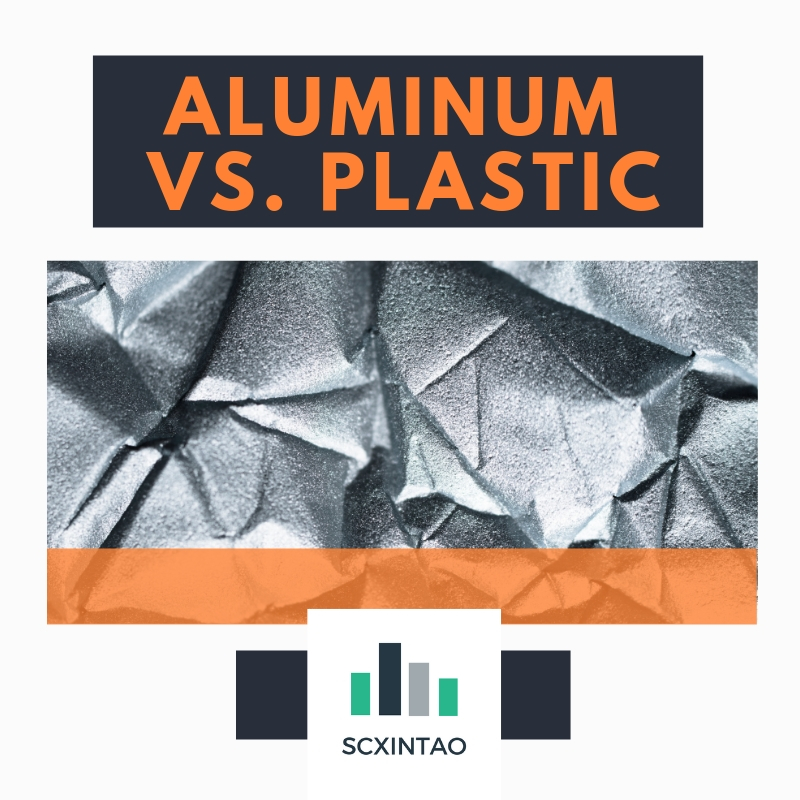
When an engineer creates a project, in order to have a successful design no detail should be left to chance. All tiny and minute details are important. In addition to this, choosing the right material for an electronic enclosure is as important as choosing the right dimensions in a customized enclosure. Design engineers should also consider where the electronic enclosure will be installed or used, under what conditions it will be exposed to, and what features does it need to withstand harsh elements. It is apparent that engineers should also consider the price and project costs of the project.
With this in mind, a lot of companies have an impression that the best material to use for an electronic enclosure in terms of durability is aluminum (versus plastic.) It is important to note that plastic enclosures can also be used for the same harsh weather conditions. Even if both materials can offer almost the same durability, definitely there are some advantages and disadvantages. This is why it is important to determine what enclosure material should be used in making one.
Features of Using Aluminum Enclosures
One of the most durable enclosures are the ones made in aluminum. And it is one of the least electricity conductive metals accompanied by highest electrical resistance. In majority of cases, aluminum does not react with magnetic force. These features are great in making aluminum as the best shield against electromagnetic frequency (EMF). Also for the same thing with radio frequency interference (RFI.) If an engineer requires these features, they can definitely choose aluminum as an enclosure material.
Benefits of Aluminum Enclosures Include:
- Resistance to high temperature
- Can tolerate impact, has high tensile strength
- Corrosion resistant properties
- Lightweight compared to its other counterparts
- It has a natural blocking properties against RFI
- Has natural flame protection
- UV ray resistant
- Can be easily painted or coated with its smooth finish
- Does not easily deform
- Aluminum is a highly recyclable steel
Features of Using Plastic Enclosures
One of the most common material in engineering industry is plastic because it offers several benefit. The best feature it has is its ability to repel electricity conduction. This characteristic is very important especially if engineers would like to prevent electrical shortages. It also offers additional user protection as well.
If companies worry about the cost that they will incur if they buy enclosures, the plastic ones are the cheapest because plastic is not as expensive as steel. Compare to steel, it also weighs lighter which will help companies to save on shipping cost. Not only that it is lightweight but it is also corrosion-resistant like aluminum. Unlike aluminum, this material does not need any coating to prevent corrosion. With this in mind, here are the benefits of using plastic enclosures:
Benefits of Plastic Enclosures Include:
- Repels electricity
- Lightweight compared to its steel counterparts
- Allows the passage of radio frequency, perfect for equipment that transmits signals to send data
- Cost-efficient for companies that want to save funds
- Perfect to be used in most environments because it is non-reactive
- Does not corrode
- Plastic can be transparent so users or personnel can easily see what is inside the enclosure



